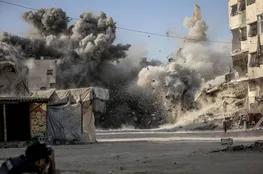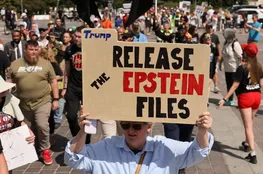Gaza Humanitarian Foundation to Launch Aid Deliveries Despite Losing Chief Amidst a dire humanitarian crisis in Gaza, the Gaza Humanitarian Foundation (GHF) announced its intention to commence direct aid deliveries to the besieged territory, despite the recent resignation of its executive director, Jake Wood. This move follows two months of Israeli military blockade preventing aid agencies from accessing the enclave and comes as UN officials express serious concerns about the potential for displacement and the GHF’s operational approach. The GHF stated on Monday that it aims to deliver vital supplies – including food, medicine, and other essential goods – to an estimated 1 million Palestinians within the territory by the end of the week, with plans to rapidly scale operations to serve the entire population in the ensuing weeks. However, this initiative is met with significant opposition from established international aid organizations and the United Nations, who warn that the GHF’s methods pose a substantial risk to civilians and could undermine broader relief efforts. The primary concern revolves around the GHF’s operational structure, which has been criticized for requiring Palestinians to gather at centralized aid points, a practice deemed unsafe and potentially exploitable by Israeli forces. This approach raises fears that it could lead to forced displacement and further exacerbate the already precarious situation for Gaza’s 2.3 million residents, many of whom face widespread famine and starvation.
Jake Wood’s resignation, announced on Sunday, stemmed from his deep concerns regarding the GHF’s independence and its ability to uphold humanitarian principles – namely humanity, neutrality, impartiality, and independence. Wood emphasized his refusal to compromise these core values, stating he would not abandon them, and called for Israel to facilitate increased aid access. The GHF board acknowledged Wood’s departure with a statement expressing disappointment but affirmed their commitment to expanding aid efforts across the Gaza Strip. Despite the board’s reassurance, the US State Department remains supportive of the NGO’s mission, indicating continued backing for the GHF’s operations. The controversy surrounding the GHF’s formation and operations has intensified scrutiny, with reports detailing its origins from ‘private meetings of like-minded officials, military officers, and business people with close ties to the Israeli government,’ as revealed by The New York Times. This origin has fueled concerns about potential bias and the NGO’s alignment with Israeli interests.
The UN and major humanitarian organizations have voiced particular anxieties regarding the GHF’s potential to restrict food access, concentrating aid in specific areas and forcing civilians to undertake lengthy, potentially dangerous journeys to reach distribution points. This scenario raises the specter of a deliberate strategy to depopulate northern Gaza, aligning with allegations that Israel is using starvation as a ‘weapon of war.’ The Integrated Food Security Phase Classification (IPC) report paints a bleak picture, indicating that 1.95 million people – 93% of Gaza’s population – are experiencing acute food insecurity, effectively facing a man-made famine. Aid agencies have consistently highlighted this crisis as a direct consequence of the Israeli blockade and the resulting humanitarian consequences. Robert Patman, a professor of international relations at the University of Otago in New Zealand, highlighted Wood’s resignation as a reflection of the lack of support from established humanitarian bodies, characterizing the GHF as essentially a ‘start-up’ without the backing of major donors. Patman further emphasized the argument that there is ‘no need for a new humanitarian organization,’ advocating instead for the immediate lifting of the Israeli blockade to facilitate comprehensive relief efforts. The ongoing debate underscores the complex geopolitical dynamics and the urgent need for a sustainable solution to alleviate the humanitarian crisis in Gaza, ensuring equitable access to aid and safeguarding the lives of its civilian population.’
























